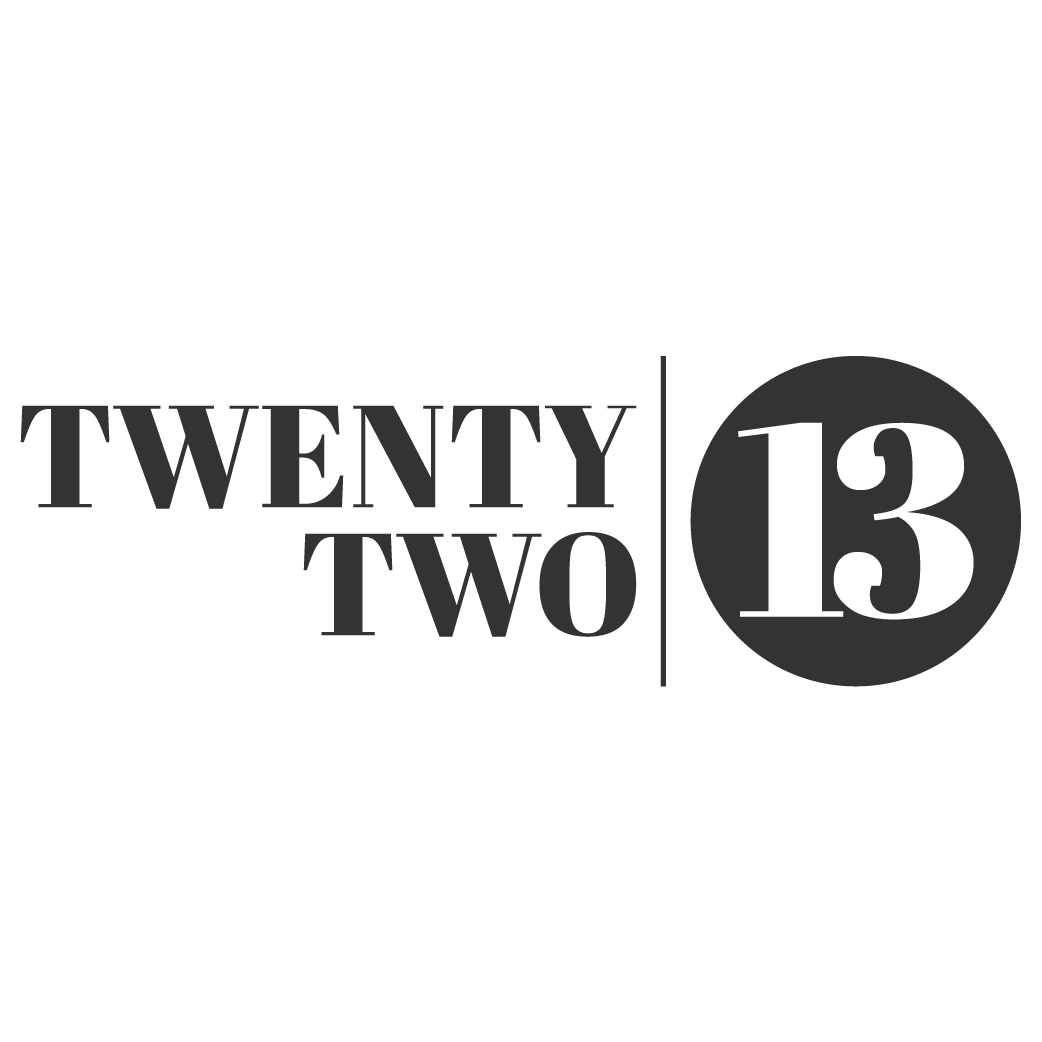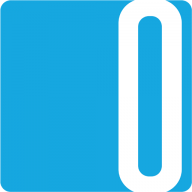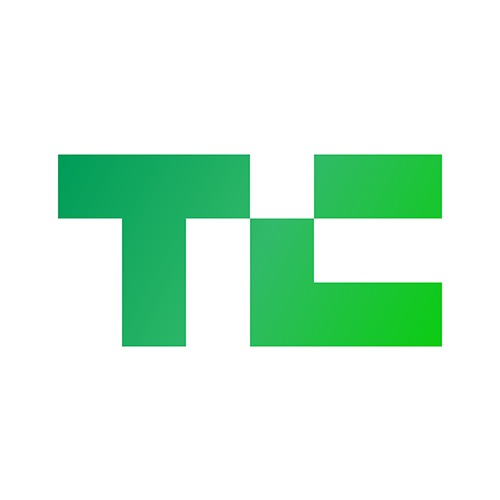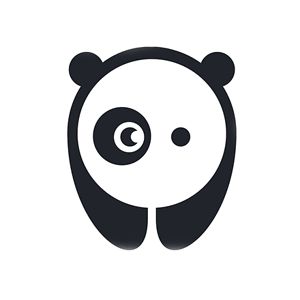In age of algorithms, media literacy key to ensure users evaluate authenticity of information
2 days ago
Media is a core component of the structure of modern society. Through media, information is disseminated, perceptions are shaped, and daily decisions are made.
However, in this digital era driven by algorithms and dominated by global technology giants, a critical question arises: Who truly holds influence over the media – users or corporate entities?
Traditionally, media referred to communication channels such as newspapers, radio, and television that delivered information from producers to the audience in a one-way flow. However, the development of communication technology has significantly expanded this definition.
Today, media encompasses various forms, including social media platforms, blogs, podcasts, online news portals, and viral video content. The media no longer merely reports news; it shapes public discourse and frames societal perspectives.
The power of contemporary media should not be underestimated. It is no longer controlled solely by media professionals who adhere to journalistic ethics, but also by algorithmic systems that determine what content appears before users. Companies such as Meta, Google, and TikTok hold immense power in influencing the flow of information and shaping public agendas through algorithmic filtering and content curation.
This phenomenon is not merely speculative. The Cambridge Analytica scandal revealed how social media data could be manipulated to influence political outcomes. In the cases of Brexit and the US presidential elections, the use of personal data enabled targeted propaganda and false narratives that impacted election results. This situation illustrates that technology and media have evolved beyond communication tools – they now function as instruments of power.
In Malaysia, the issue of media freedom has also come under scrutiny. Censorship of certain news portals and restricted access under the pretext of security have raised concerns about the limits of free speech and media autonomy. While authorities have a duty to maintain public order, such measures must be implemented transparently and based on principles of justice – not as a means to suppress dissenting views.
More worrying is the low level of public awareness regarding the influence of digital media. Many users believe they are freely choosing the content they consume, yet in reality, those choices are often predetermined by algorithms that tailor content to users’ data, interests, and behaviour. What users experience in the media is largely the product of a closed system that lacks public transparency.
Nonetheless, digital media also presents opportunities for alternative expression and social innovation. It provides a platform for ordinary individuals to highlight local issues, voice opinions, and spark social movements, as seen in the Arab Spring. The potential of media as a tool for empowerment and civic participation should not be dismissed.
Therefore, the solution to these challenges is not to reject media but to strengthen media literacy among the public. Such literacy is crucial to help users evaluate the authenticity of information, understand content in context, and recognise the potential for digital manipulation.
At the same time, there is an urgent need to demand transparency from tech companies regarding how their algorithms function and the effects they have on the dissemination of information. Governments must also play a balancing role by establishing policies that protect media freedom and the right to expression, while addressing the spread of misinformation and extremist content. A balanced and rights-based approach is key to fair media governance.
Ultimately, the responsibility lies with users themselves to critically assess the role of media in their lives. A fundamental question must be asked: Are we using media to enrich knowledge and strengthen society, or are we passive consumers drifting along the current of algorithms? The future of democracy and social wellbeing depends on how today’s society chooses to engage with media.
The media holds the potential to be a tool for liberation and social transformation, yet at the same time, it can serve as a means of domination in a new form.
What differentiates the outcome is simply who holds the power – and how that power is used.
The author is an undergraduate student of Universiti Malaya, taking an elective course entitled “Introduction to Journalism and Storytelling in the Digital Age.”
The views expressed here are the personal opinion of the writer and do not necessarily represent that of Twentytwo13.
...Read the fullstory
It's better on the More. News app
✅ It’s fast
✅ It’s easy to use
✅ It’s free









